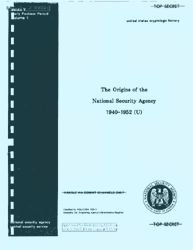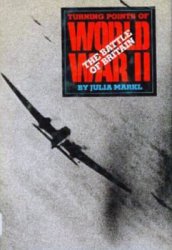When the situation was manageable it was neglected, and now that it is thoroughly out of hand we apply too late the remedies which then might have effected a cure. There is nothing new in the story. It is as old as the Sibylline books. It falls into that long, dismal catalogue of the fruitlessness of experience and the confirmed unteachability of mankind. Want of foresight, unwillingness to act when action would be simple and effective, lack of clear thinking, confusion of counsel until the emergency comes, until self-preservation strikes its jarring gong—these are the features which constitute the endless repetition of history.
1935, 2 May.
In a conference at Stresa, Britain, France and Italy had agreed to cooperate to maintain the independence of Austria. His fear was that this had come too late, as indeed it had; Hitler annexed Austria a year later. If only, Churchill was saying, these three powers had worked for peace and collective security earlier.
I confess that words fail me. In the year 1708 Mr. Secretary St. John, by a calculated Ministerial indiscretion, revealed to the House the fact that the battle of Almanza had been lost in the previous summer because only 8,000 English troops were actually in Spain out of the 29,000 that had been voted by the House of Commons for this service. When a month later this revelation was confirmed by the Government, it is recorded that the House sat in silence for half an hour, no Member caring to speak or wishing to make a comment upon so staggering an announcement. And yet how incomparably small that event was to what we have now to face.
1935, 2 May.
Prime Minister Baldwin had confessed that Germany had reached air parity with Britain; six months earlier he had assured the House that Britain would maintain a margin of at least 50 per cent.
It is a great characteristic of the people of our race to throw away with one hand the thing they have gathered so painfully with the other.
1951, 15 August, Dover. (Coote, 213.)




 World History
World History









